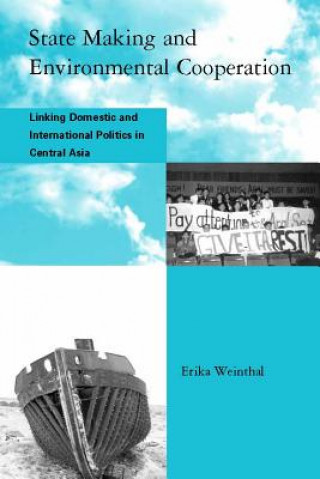
Kód: 04562969
State Making and Environmental Cooperation
Autor Erika Weinthal
The Amu Darya and Syr Darya rivers of Central Asia flow across deserts to empty into the Aral Sea. Under Soviet rule, so much water was diverted from the rivers for agricultural purposes that salinity levels rapidly rose and the s ... celý popis
- Jazyk:
 Angličtina
Angličtina - Vazba: Brožovaná
- Počet stran: 288
Nakladatelství: MIT Press Ltd, 2002
- Více informací o knize

256 Kč
Dostupnost:
50 % šance Máme informaci, že by titul mohl být dostupný. Na základě vaší objednávky se ho pokusíme do 6 týdnů zajistit.
Máme informaci, že by titul mohl být dostupný. Na základě vaší objednávky se ho pokusíme do 6 týdnů zajistit.Prohledáme celý svět
Mohlo by se vám také líbit
-

Sometimes I Think, Sometimes I Am
1071 Kč -

Economists' Mathematical Manual
1384 Kč -

Merry Christmas to All!
1073 Kč -

Global Competition
3656 Kč -

Communicating Health Risks to the Public
4990 Kč -

Integrative Family Therapy
579 Kč -

Jazz Poetry Anthology
809 Kč
Darujte tuto knihu ještě dnes
- Objednejte knihu a zvolte Zaslat jako dárek.
- Obratem obdržíte darovací poukaz na knihu, který můžete ihned předat obdarovanému.
- Knihu zašleme na adresu obdarovaného, o nic se nestaráte.
Informovat o naskladnění knihy
Zadejte do formuláře e-mailovou adresu a jakmile knihu naskladníme, zašleme vám o tom zprávu. Pohlídáme vše za vás.
Více informací o knize State Making and Environmental Cooperation
Nákupem získáte 26 bodů
 Anotace knihy
Anotace knihy
The Amu Darya and Syr Darya rivers of Central Asia flow across deserts to empty into the Aral Sea. Under Soviet rule, so much water was diverted from the rivers for agricultural purposes that salinity levels rapidly rose and the sea shrank. There was an upsurge in dust storms containing toxic salt residue, and a new desert began to replace the sea. At the same time, agricultural runoff rendered the drinking water unfit for human consumption.In this book Erika Weinthal examines how the Central Asian states of Kazakhstan, Kyrgyzstan, Tajikistan, Turkmenistan, and Uzbekistan have tackled the Aral Sea Basin crisis since the 1991 collapse of the Soviet Union. The Amu Darya now flows through three new nation-states, and the Syr Darya through four. This shakeup of political borders created a collective-action problem for the successor states. While they needed to consolidate domestic sovereignty, they also needed to relinquish sovereignty over their water resources in order to develop a joint solution to the desiccation of the Aral Sea. Weinthal examines why they were able to cooperate over their shared water resources. She emphasizes the roles of nonstate actors (international organizations, nongovernmental organizations, and bilateral aid organizations) in the building of institutions for regional cooperation and for state formation, shows how cooperation was nested within the state-building process when international third-party actors were involved, and highlights the dispensing of side payments (financial and material resources) by nonstate actors to aid both regional cooperation and state formation.
 Parametry knihy
Parametry knihy
Zařazení knihy Knihy v angličtině Society & social sciences Politics & government Central government
256 Kč
- Plný název: State Making and Environmental Cooperation
- Podnázev: Linking Domestic and International Politics in Central Asia
- Autor: Erika Weinthal
- Jazyk:
 Angličtina
Angličtina - Vazba: Brožovaná
- Počet stran: 288
- EAN: 9780262731461
- ISBN: 0262731460
- ID: 04562969
- Nakladatelství: MIT Press Ltd
- Hmotnost: 472 g
- Rozměry: 229 × 152 × 19 mm
- Datum vydání: 18. January 2002
Oblíbené z jiného soudku
-
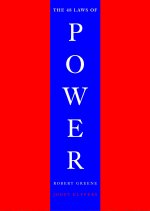
Laws of Power
803 Kč -
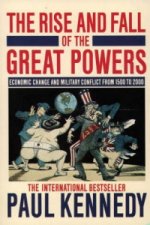
Rise and Fall of the Great Powers
464 Kč -
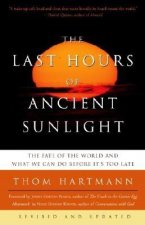
Last Hours of Ancient Sunlight: Revised and Updated Third Edition
368 Kč -
![What Has the Government Done to Our Money? [Reprint of First Edition] What Has the Government Done to Our Money? [Reprint of First Edition]](https://media.libris.to/jacket/08800577t.jpg)
What Has the Government Done to Our Money? [Reprint of First Edition]
187 Kč -

New Tsar
276 Kč -

Countdown
817 Kč -

Blowback
435 Kč -

What's Wrong with Protectionism
862 Kč -

Weapons of Math Destruction
329 Kč -

Vision of the Anointed
406 Kč -
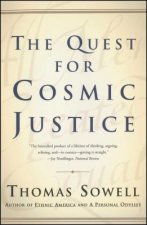
The Quest for Cosmic Justice
347 Kč -

Soul at Work
403 Kč -

Capital in the Twenty-First Century
990 Kč -

Wealth, Poverty and Politics
830 Kč -

Public Opinion by Walter Lippmann
355 Kč -

Kissinger
517 Kč -
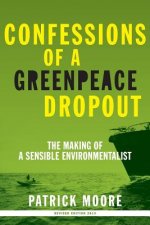
Confessions of a Greenpeace Dropout
1053 Kč -

Regulating Cannabis
236 Kč -
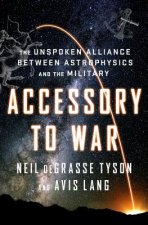
Accessory to War
681 Kč -
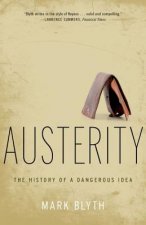
Austerity
399 Kč -

How Much is Enough?
303 Kč -

Five Stages of Collapse
492 Kč -
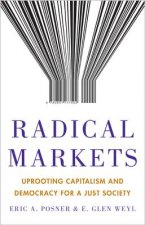
Radical Markets
891 Kč -

Breaking the Vicious Circle
1113 Kč -

Chasing the Scream
368 Kč -

Cortical Visual Impairment - Approach to Assessment
2177 Kč -
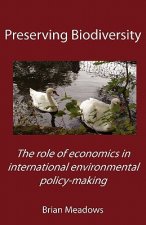
Preserving Biodiversity
260 Kč -

In Defense of Degrowth
644 Kč -

Columbine High School Massacre
797 Kč -

Barack Obama Speeches
491 Kč -

Oxford Handbook of the Welfare State
1055 Kč -

American Age
1699 Kč -

Production of Money
392 Kč -

American Power And The New Mandarins
672 Kč -

Millipedes and Moon Tigers
850 Kč -
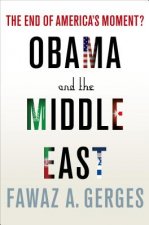
Obama and the Middle East
479 Kč -

Is Democracy Failing?
394 Kč -

Foreign Policy Begins at Home
571 Kč -

Understanding E-Government in Europe
1942 Kč -

Fairness versus Welfare
1744 Kč -
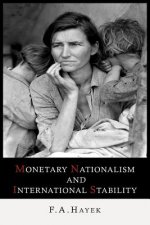
Monetary Nationalism and International Stability
360 Kč -

Watchdog Still Barks
800 Kč -
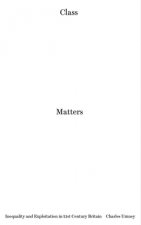
Class Matters
699 Kč -

Environmental Policy
1494 Kč -

Stop! Armed Police!
839 Kč -

NYE
918 Kč -
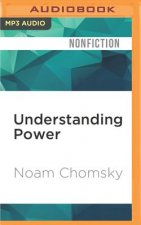
Understanding Power: The Indispensable Chomsky
764 Kč -
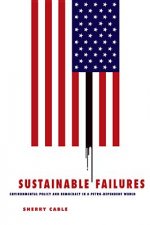
Sustainable Failures
987 Kč -

Interest Groups and Health Care Reform across the United States
1889 Kč
Osobní odběr Praha, Brno a 12903 dalších
Copyright ©2008-24 nejlevnejsi-knihy.cz Všechna práva vyhrazenaSoukromíCookies


 Vrácení do měsíce
Vrácení do měsíce 571 999 099 (8-15.30h)
571 999 099 (8-15.30h)